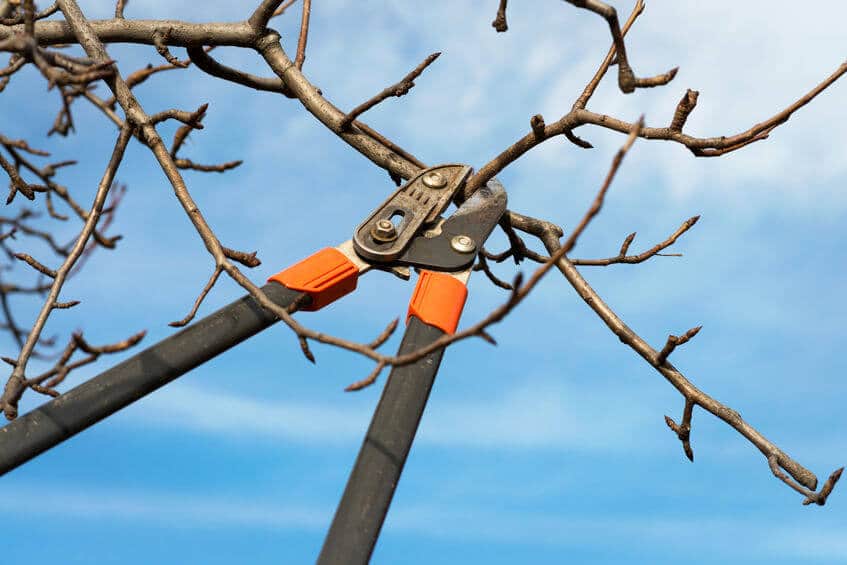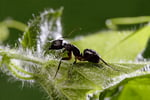If you are like me a swarm of bees is somewhat of a scary sight. I am not allergic to bees, although members of my family are, but getting stung by a bee is never an enjoyable experience. Over the last 20 years however, my hesitation at going near a swarm of bees has increased with the emergence of Africanized Honey Bees, also more commonly known as Killer Bees.
Africanized honey bees were first developed in Brazil in 1956 when scientists imported aggressive African honey bees, which produce a large amount of honey, and attempted them to breed them with the more docile bees in the area. Unfortunately some of newly created bees, 26 queens along with a large group of worker bees, escaped in 1957 and began to spread throughout Central America slowly moving their way north.
Killer bees have been moving north at about 100 – 200 miles a year. They were reported in the United States first in Southern Texas in 1990. They continued to spread throughout the country showing up in Arizona in 1993 and California in 1995.
Although these bees are very difficult to tell apart from other bees by sight, looking almost identical to more passive species, their behavior and temperament is very identifiable. Africanized honey bees are much more aggressive than other bees, responding to disturbances 10x faster than European bees. One they are alerted they also do not quite chasing their target over time like other bees, sometimes chasing a threat over quarter mile. They also have a tendency to attack as a group more than other bees.
Since their introduction Africanized honey bees have been responsible for 1,000 human deaths. Due to their aggressiveness Senske warns our customers, especially in our Las Vegas location, to take great care when dealing with bees. Better yet call Senske Services and allow our trained technicians to handle all stinging insect control.










